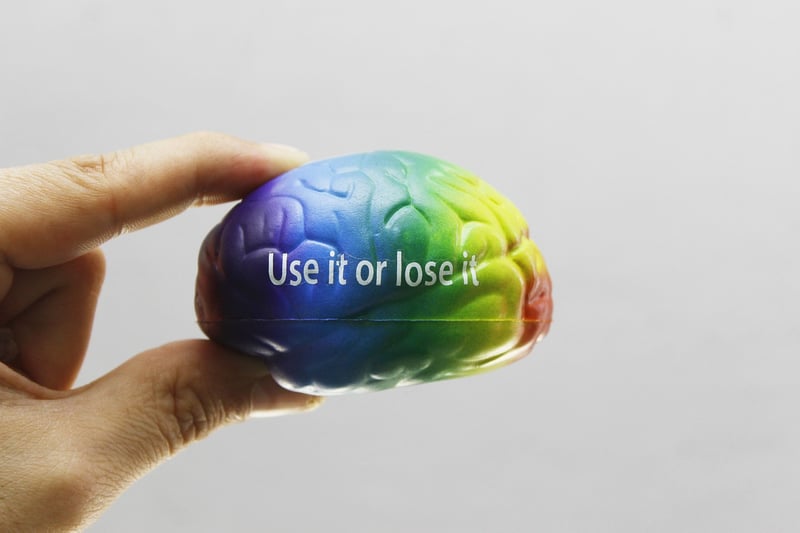Data Scientist
Exploring the Digital World: A Guide to Becoming a Data Scientist
Welcome to the digital age, where data powers the world around us. If you have a passion for numbers, analysis, and uncovering insights, then a career as a Data Scientist might be the perfect fit for you. In this guide, we will dive into what it means to be a Data Scientist and how you can enter this exciting field.
What is a Data Scientist?
A Data Scientist is a professional who uses scientific methods, algorithms, and systems to extract knowledge and insights from structured and unstructured data. They analyze complex data sets to help organizations make strategic decisions, identify trends, and solve problems.
How to Become a Data Scientist
- Educational Background: Most Data Scientists have a background in fields like computer science, mathematics, statistics, or related disciplines.
- Develop Technical Skills: Learn programming languages like Python, R, SQL, and tools like TensorFlow, Tableau, and Hadoop.
- Gain Experience: Work on projects, internships, or participate in Kaggle competitions to build your portfolio.
- Continuous Learning: Stay updated with the latest trends and advancements in the field of data science.
Skills Required for Data Scientists
- Statistical Analysis
- Machine Learning
- Data Visualization
- Problem-Solving
- Communication Skills

Job Outlook and Salary
The demand for Data Scientists is on the rise across industries such as technology, healthcare, finance, and more. According to Glassdoor, the average base pay for Data Scientists is around $120,000 per year.
Conclusion
Entering the digital world as a Data Scientist can open up a world of opportunities for you to work on exciting projects, solve challenging problems, and make a real impact with data. Start your journey today and unlock the potential of data science!
Remember, the world of data science is vast and ever-evolving, so stay curious, keep learning, and embrace the endless possibilities that data can offer.
